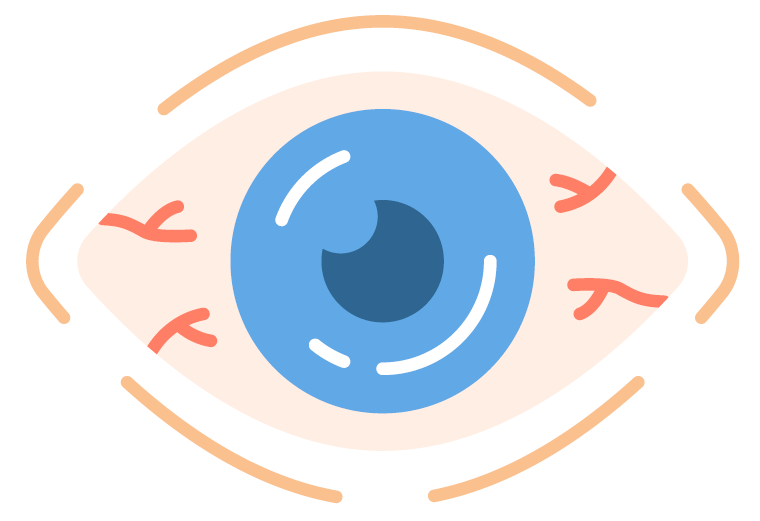Putting European Dry Eye Research Centre Stage
In an interview with Contributing Editor Dermot McGrath, Professor Christophe Baudouin, President of the European Dry Eye Society (EuDES), explains why he believes the time is right for a new society dedicated to dry eye disease.

Dermot McGrath
Published: Monday, November 1, 2021
